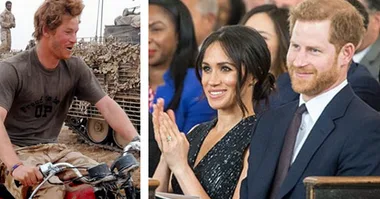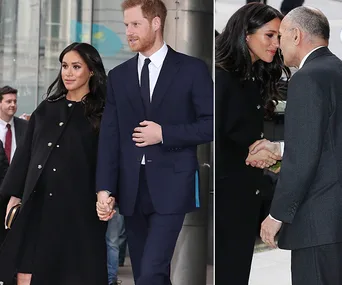Well this is a royally good surprise!
If you thought the Duke of Sussex, Prince Harry, could not get anymore well-rounded, now he’s unveiled an exceptional new talent on Instagram overnight – photography!
While we know his sister-in-law, the Duchess of Cambridge, knows her way around a camera when it comes to photographing her three children, Prince Harry has a talent of a different kind.
In honour of Earth Day, the Prince shared a collection of wildlife photography he has taken over the years as “an opportunity to learn about, celebrate and continue to safeguard our planet, our home.”
Sharing a photograph of himself and his wife Meghan during a visit to New Zealand last year, the caption read:
“The above, Their Royal Highnesses in Rotorua, New Zealand. Of the 170 different species originally planted in the early 1900’s, only a handful of species, including these majestic Redwoods, remain today.”
Prince Harry and his wife, Duchess Meghan walking in Rotorua, New Zealand. (Source: Instagram/@sussexroyal)
“Next, we invite you to scroll through a series of 8 photos taken by The Duke of Sussex sharing his environmental POV, including Africa’s Unicorn, the rhino. These magnificent animals have survived ice ages and giant crocodiles, amongst other things! They have adapted to earth’s changing climate continually for over 30 million years. Yet here we are in 2019 where their biggest threat is us,” the post continued.
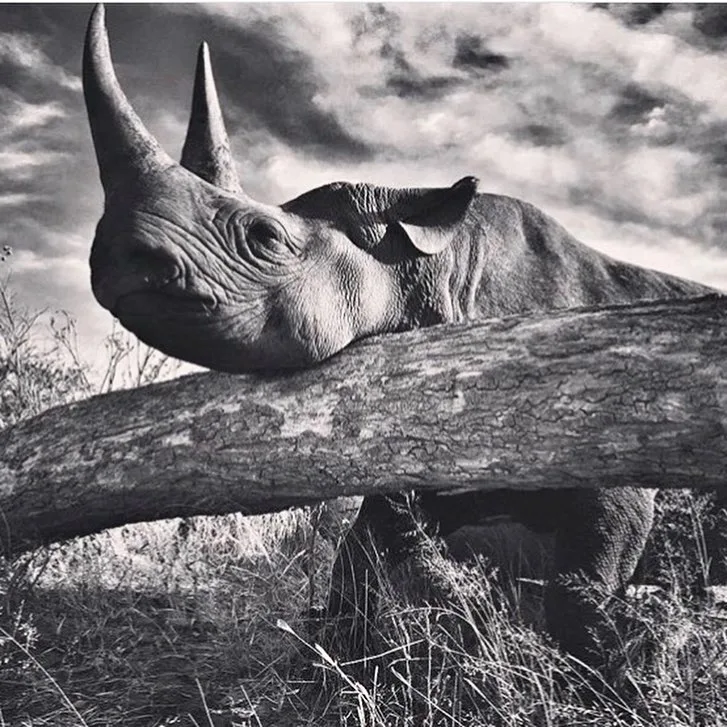
Africa’s Unicorn, the rhino. (Source: Instagram/@sussexroyal The Duke of Sussex©️DOS)
“A critical ecosystem, Botswana’s Okavango Delta sustains millions of people and an abundance of wildlife. Huge bush fires, predominantly started by humans, are altering the entire river system; the ash kills the fish as the flood comes in and the trees that don’t burn become next year’s kindling.”
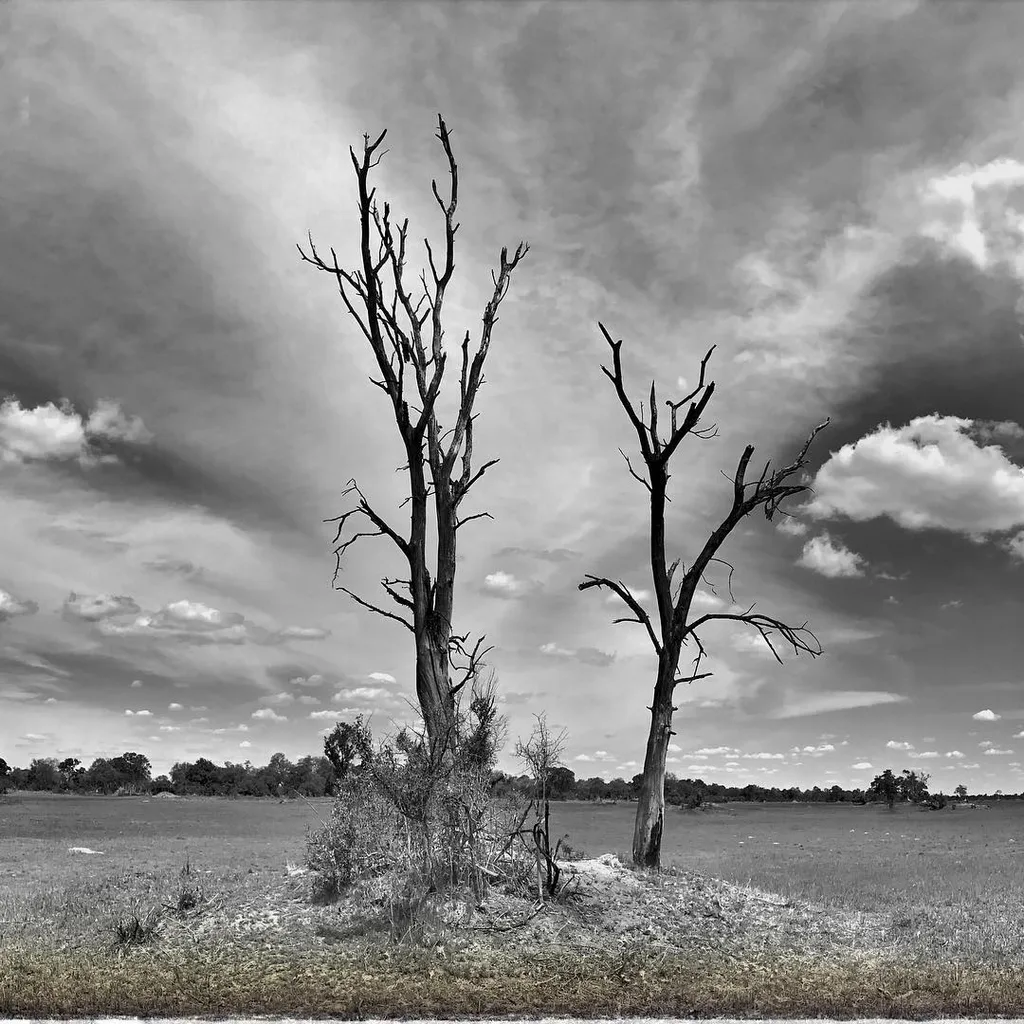
Botswana’s Okavango Delta (Source: Instagram/@sussexroyal The Duke of Sussex©️DOS)
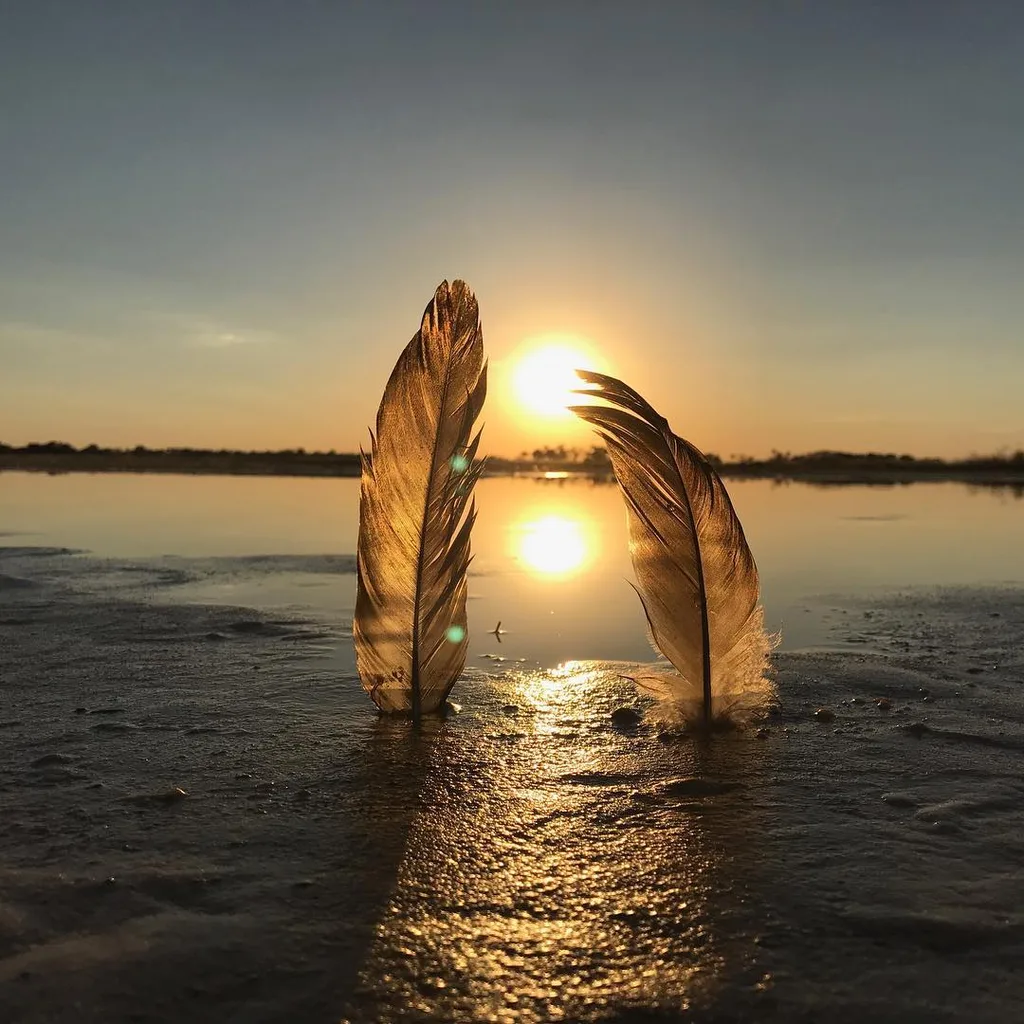
Botswana’s Okavango Delta (Source: Instagram/@sussexroyal The Duke of Sussex©️DOS)
“Desert lions are critically endangered due partly to human wildlife conflict, habitat encroachment and climate change. 96% of mammals on our 🌍 are either livestock or humans, meaning only 4% remaining are wild animals.”
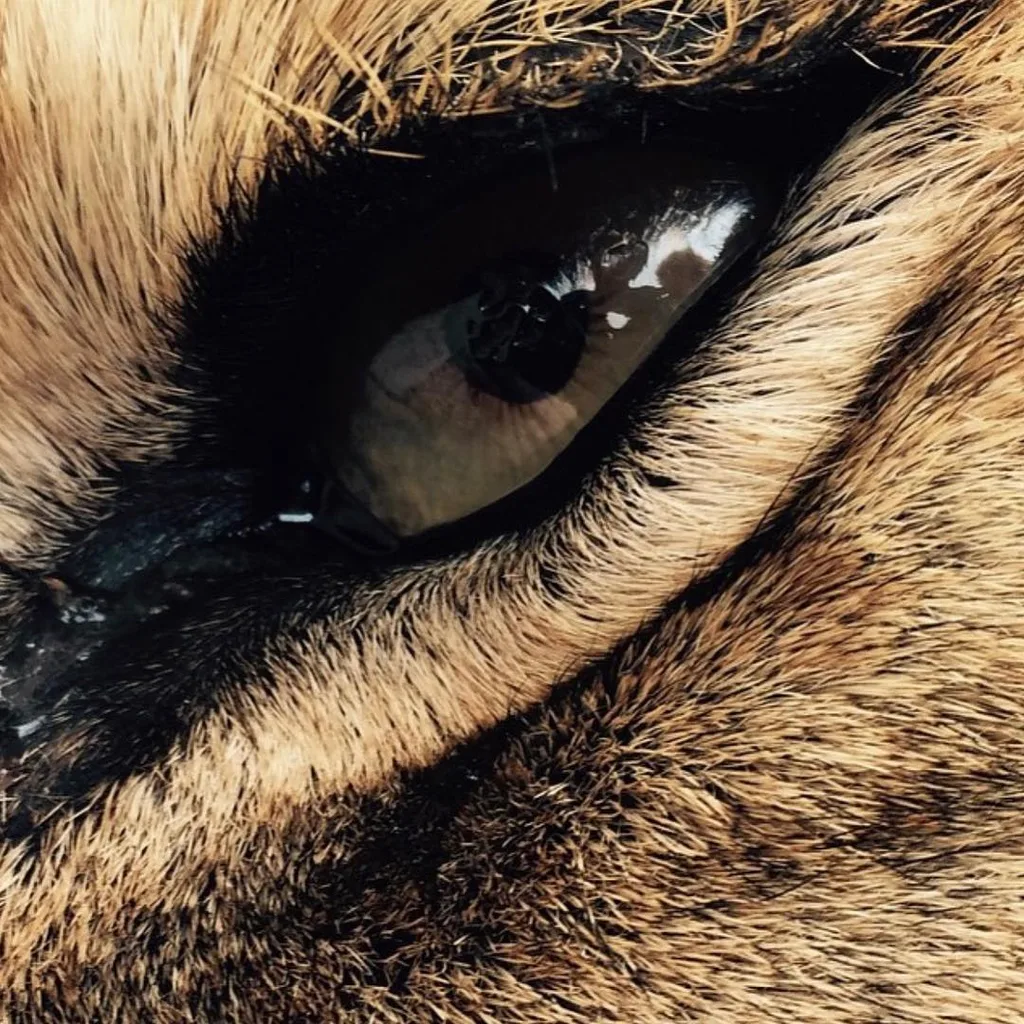
A desert lion. (Source: Instagram/@sussexroyal The Duke of Sussex©️DOS)
“Orca and Humpback whale populations are recovering in Norway thanks to the protection of their fisheries. Proof that fishing sustainably can benefit us all.”
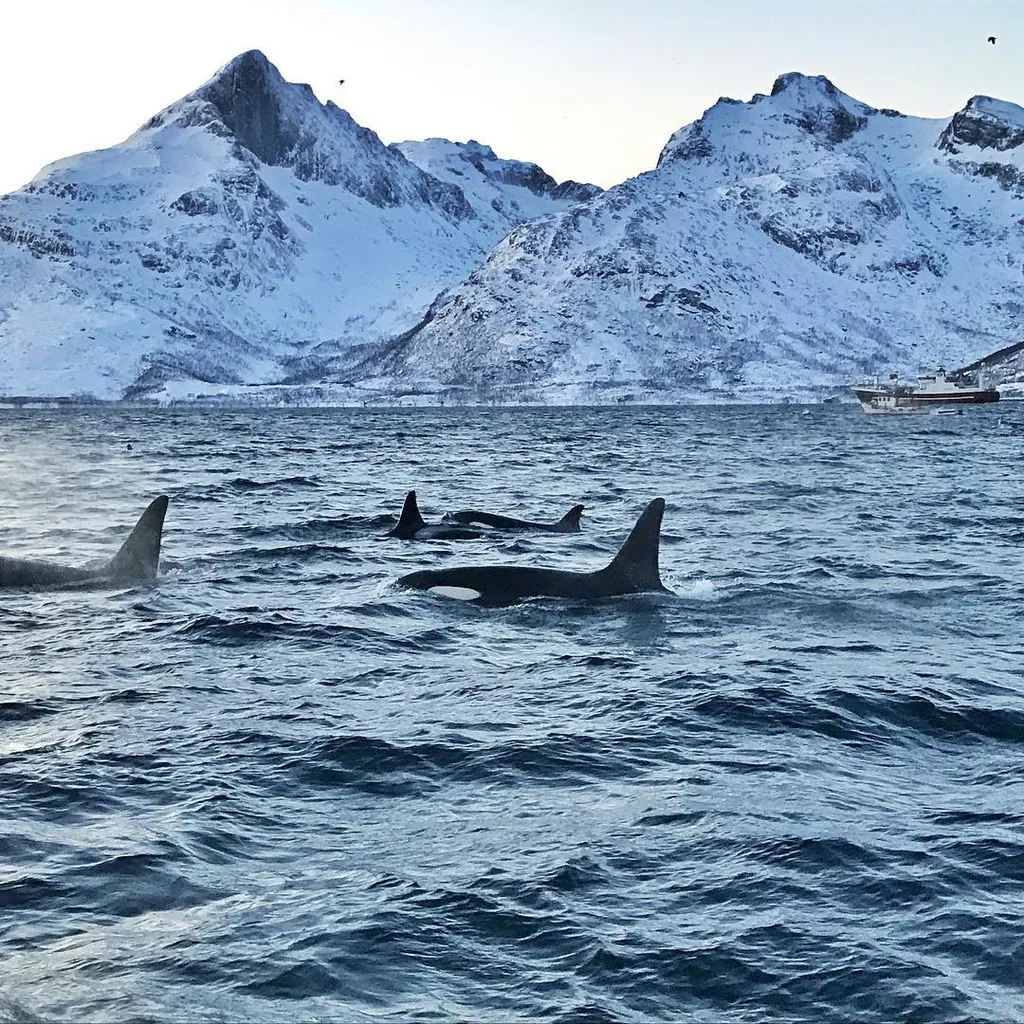
The orca whale. (Source: Instagram/@sussexroyal The Duke of Sussex©️DOS)
“Roughly 3/4 of Guyana is forested, its forests are highly diverse with 1,263 known species of wildlife and 6,409 species of plants. Many countries continue to try and deforest there for the global demand for timber.”
Guyana. (Source: Instagram/@sussexroyal The Duke of Sussex©️DOS)
“We all now know the damage plastics are causing to our oceans. Micro plastics are also ending up in our food source, creating not just environmental problems for our planet but medical problems for ourselves too.”
Plastic waste on a beach. (Source: Instagram/@sussexroyal The Duke of Sussex©️DOS)
“When a fenced area passes its carrying capacity for elephants, they start to encroach into farmland causing havoc for communities. Here @AfricanParksNetwork relocated 500 Elephants to another park within Malawi to reduce the pressure on human wildlife conflict and create more dispersed tourism.
“Every one of us can make a difference, not just today but everyday #earthday”

Elephants in Malawi. (Source: Instagram/@sussexroyal The Duke of Sussex©️DOS)
With this talent unveiled, we’re hoping that Prince Harry will put these incredible skills to use when it comes to welcoming his first child, which is due any day now.
This is not the first time this month that Harry has shown off his love for the planet.
At the beginning of April, Prince Harry stepped out with his father, Prince Charles and his brother, Prince William, for the global premiere of Netflix’s Our Planet series in West Longon.
Sir David Attenborough, who voices the series, greeted the trio, who were also joined by long-time friend David Beckham and singer Ellie Goulding.
WATCH NEXT: Prince Charles and Princes William and Harry arrive at the premiere of “Our Planet”
Story continues…
A statement by Clarence House read:
“The Prince of Wales, the Duke of Cambridge and the Duke of Sussex are continuing to use their unique positions to help highlight the threat of climate change and the multi-generational effort required to maintain our natural environment.”
Our Planet was created in partnership with the World Wildlife Fund (WWF), which Prince Charles has been president of the UK branch since 2011.
“There is an urgent need for all of us to concentrate our efforts on sustaining, nurturing and protecting the Earth’s natural capital and, moreover, reshaping our economic systems so that Nature sits at the very heart of our thinking,” he said.

